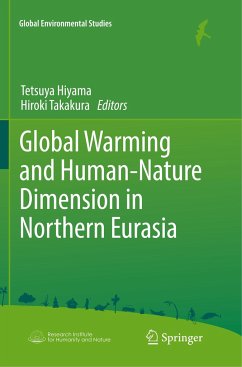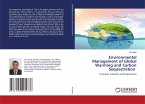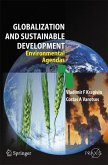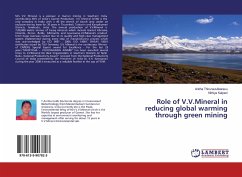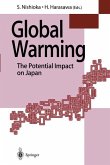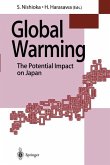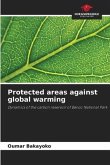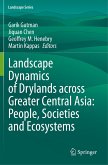This book describes the current environmental changes due to global warming in northern Eurasia, especially focusing on eastern Siberia. Spring flooding, ice-jam movements, and monitoring using remote sensing are included. Additionally, current reindeer herding of indigenous peoples in Siberia and related environmental changes such as waterlogging, rising temperatures, and vegetation changes are addressed. As a summary, the book also introduces readers to adaptation strategies at several governmental levels.
The book primarily focuses on 1) introducing readers to global warming and human-nature dynamics in Siberia, with special emphasis on humidification of the region in the mid-2000s, and 2) describing social adaptation to the changing terrestrial ecosystem, with an emphasis on water environments. Adaptation strategies based on vulnerability assessments of environmental changes in northern Eurasia are crucial topics for intergovernmental organizations, such as the IPCC (Intergovernmental Panel on Climate Change). Thus, the book offers a valuable resource not only for environmental researchers but also for several stakeholders regarding global environmental change.
The book primarily focuses on 1) introducing readers to global warming and human-nature dynamics in Siberia, with special emphasis on humidification of the region in the mid-2000s, and 2) describing social adaptation to the changing terrestrial ecosystem, with an emphasis on water environments. Adaptation strategies based on vulnerability assessments of environmental changes in northern Eurasia are crucial topics for intergovernmental organizations, such as the IPCC (Intergovernmental Panel on Climate Change). Thus, the book offers a valuable resource not only for environmental researchers but also for several stakeholders regarding global environmental change.

